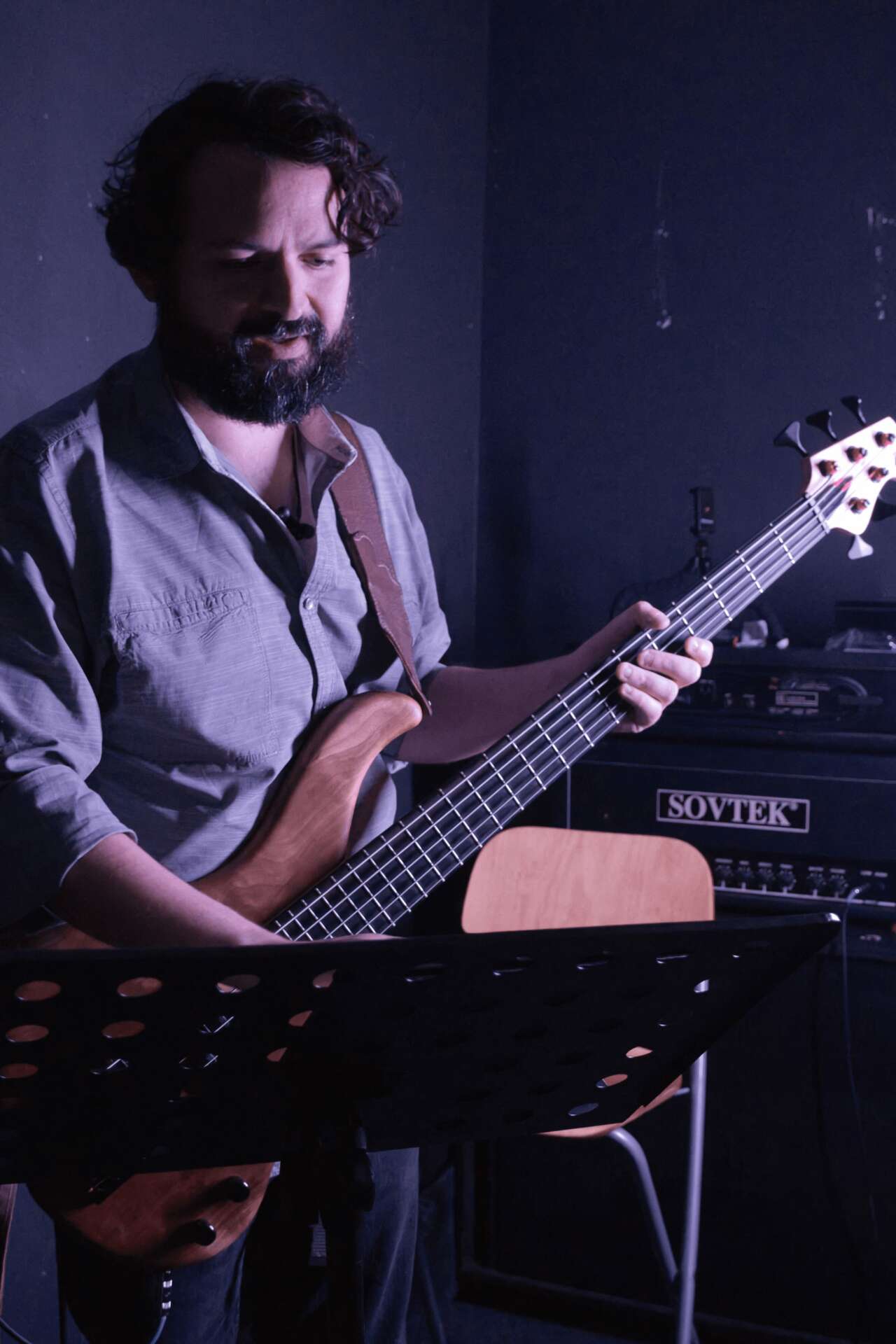We recently connected with Nathan Mays and have shared our conversation below.
Hi Nathan, thanks for joining us today. How did you learn to do what you do? Knowing what you know now, what could you have done to speed up your learning process? What skills do you think were most essential? What obstacles stood in the way of learning more?
Music is a life long pursuit. I don’t feel like I’ll ever stop learning about the art.
There’s so much involved in “learning the craft.” More than can possibly be expressed in this block of text. For me, it’s just a constant. It’s like this thing that I’ve been doing for so long and I just can’t stop at this point – like, so much time has been put into it, that stopping now would just be a waste of everything.
When I began this whole music thing, I was young, dumb, and didn’t know any better. I even had teachers that told me to stop and do literally anything else. Not because a lack of talent, rather, they were giving me a warning of things to come. Learning the craft is the wasy part. It’s what you do with it that’s hard.
You spend years learning how to manipulate the artform and practically no time learning what to actually do with it. And your priorities change slowly over time. Do I want to write? Perform? Quit?
I used to be a snob about “learning the craft.” There was a time where I legitiately looked down on people who weren’t “serious” about the music. What does that even mean? It was a stupid prejudice that I was forced to get over real quick. The gig life taught me that, no matter how important I thought it was, no performing musician gave a shit about rotational arrays on the gig. Can you play or not?
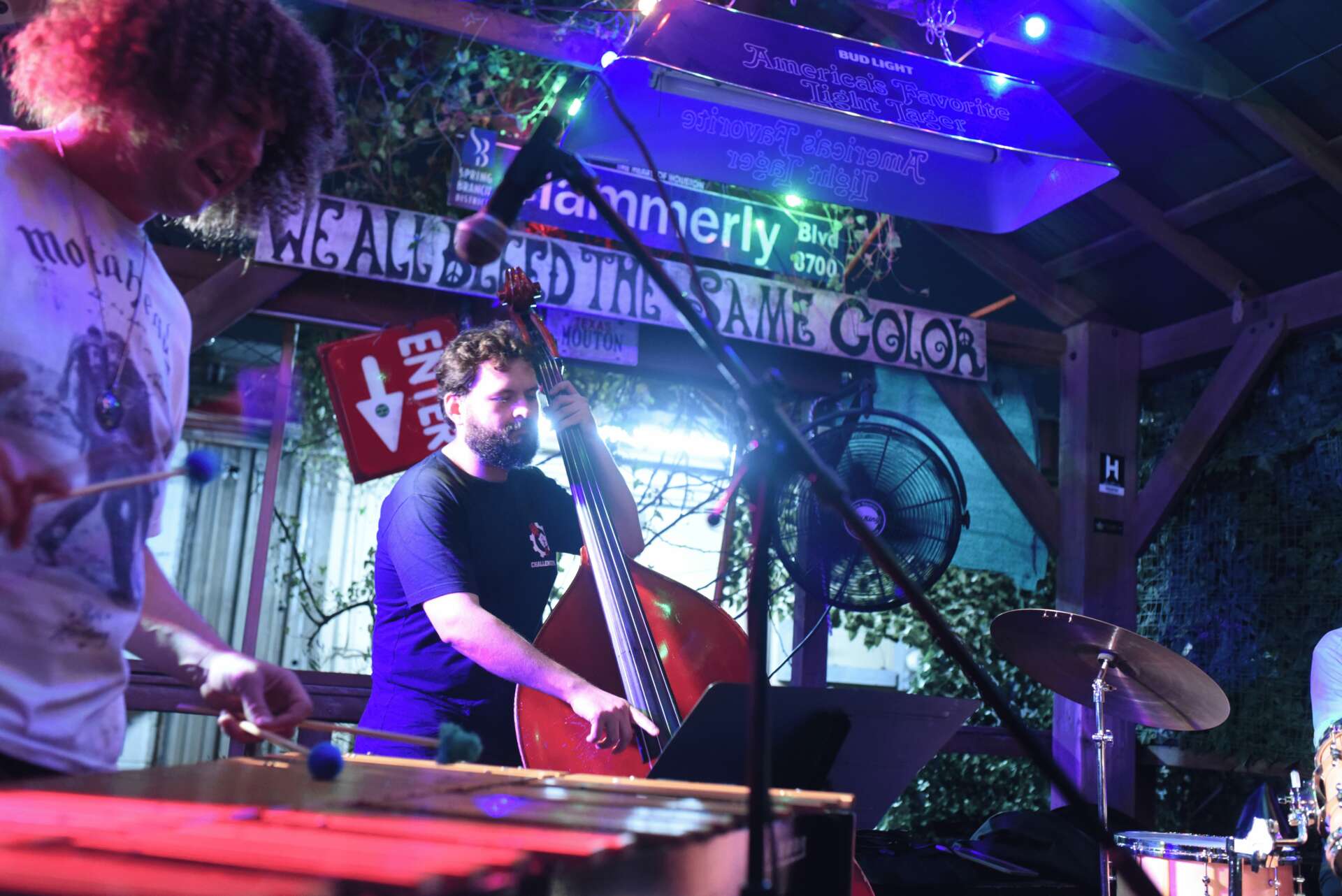
Nathan, love having you share your insights with us. Before we ask you more questions, maybe you can take a moment to introduce yourself to our readers who might have missed our earlier conversations?
In the wise words of Jay-Z, ‘I’m not a businessman, I’m a business, man.’
First and foremost, I’m a musician, a composer, and a creator. My journey into music began at a young age as a choir kid in school. I didn’t realize how exceptional my choir was until college, where I truly appreciated the incredible training from my directors, Mr. Truit, Mr. Nissen, and Mr. Talley. They taught me how to audiate and developed my inner ear, skills that set the foundation for my musical creativity. Even as a child, I was always making up melodies and humming them to myself. One of my earliest memories is walking down the street to my friend’s house at the age of five or six, inventing tunes along the way.
In high school, I often found myself frustrated during UIL competitions because my peers couldn’t audiate as I could. It wasn’t until later that I understood the value of this skill. My formal education in composition began at San Jacinto Community College under the guidance of Prof. Schenk, who taught me counterpoint and theory, with a particular emphasis on 20th-century techniques. He helped me refine my knack for melodies, showing me how to expand small thematic ideas into comprehensive pieces of music.
However, my journey hasn’t been without its challenges. I’ve always struggled with finishing projects, often finding the start of something new more rewarding than seeing an old project through to the end. This remains a constant struggle and has taught me the importance of careful project selection and the necessity of setting clear goals from the outset.
Despite these challenges, I’ve been told that my music touches people deeply, though to me, I’m simply writing what I enjoy. I’ve never been one for competitions, preferring to share my music in festivals or events where people often express surprise that they haven’t heard of me before. My work spans various roles: substituting as a bassist, playing in musical theater pit-orchestras, composing for local arts organizations, and performing my own songs. I’ve released albums with groups like Rogues Among Us and EMP, and I’m currently working on forming my own ensemble, The Quartet for the End of Time, inspired by Messiaen’s piece. This group aims to play and record my compositions, and I’m actively seeking grants and performance opportunities to bring this vision to life.
Music and art are reflections of the world around us. A teacher once told me, ‘write what you know.’ For me, that means expressing experiences of rejection, self-loathing, and depression. It’s not pretty, but it’s my reality, and my art is a reflection of that. This honesty, though sometimes uncomfortable, is what makes my music unique and deeply personal.
I’ve also had a significant role in education, co-directing an educational non-profit before stepping back due to its impact on my mental health. Teaching remains a part of my life wherever I go, as I often find myself in instructional roles. Teaching enhances my own skills, so I naturally gravitate towards it when I want to improve in a particular area.
Collaboration is at the heart of my creative process. Whether working with a band or composing in a traditional medium, the synergy between artists leads to the most profound results. It’s through these collaborative efforts that I find inspiration and push the boundaries of my creativity.
I am incredibly proud of the original works I’ve created and the unique voice I’ve developed in the music world. My compositions have been recognized for their innovation and emotional depth, earning few accolades, but connecting with audiences on a deep level. One of the most rewarding aspects of my career is hearing from listeners who have been moved by my music, reminding me of the powerful impact that art can have.
Looking ahead, my vision is to continue creating, performing, and sharing music that speaks to the heart and mind. I have several exciting projects on the horizon, including new compositions and collaborations with talented artists. My goal is to push the envelope of what my music can express, reaching new heights and exploring new dimensions of sound.
Beyond my personal work, I am committed to contributing to the music community. Whether it’s mentoring young musicians or participating in collaborative projects, I strive to support and inspire the next generation of artists. Music is a powerful force for connection and expression, and I believe in its potential to bring people together and create positive change.
In essence, my journey as a musician is about more than just creating music—it’s about creating a legacy of originality, collaboration, and impact. I am driven by a passion for authenticity and a desire to share my unique voice with the world. This is the essence of who I am and what I strive to achieve through my art
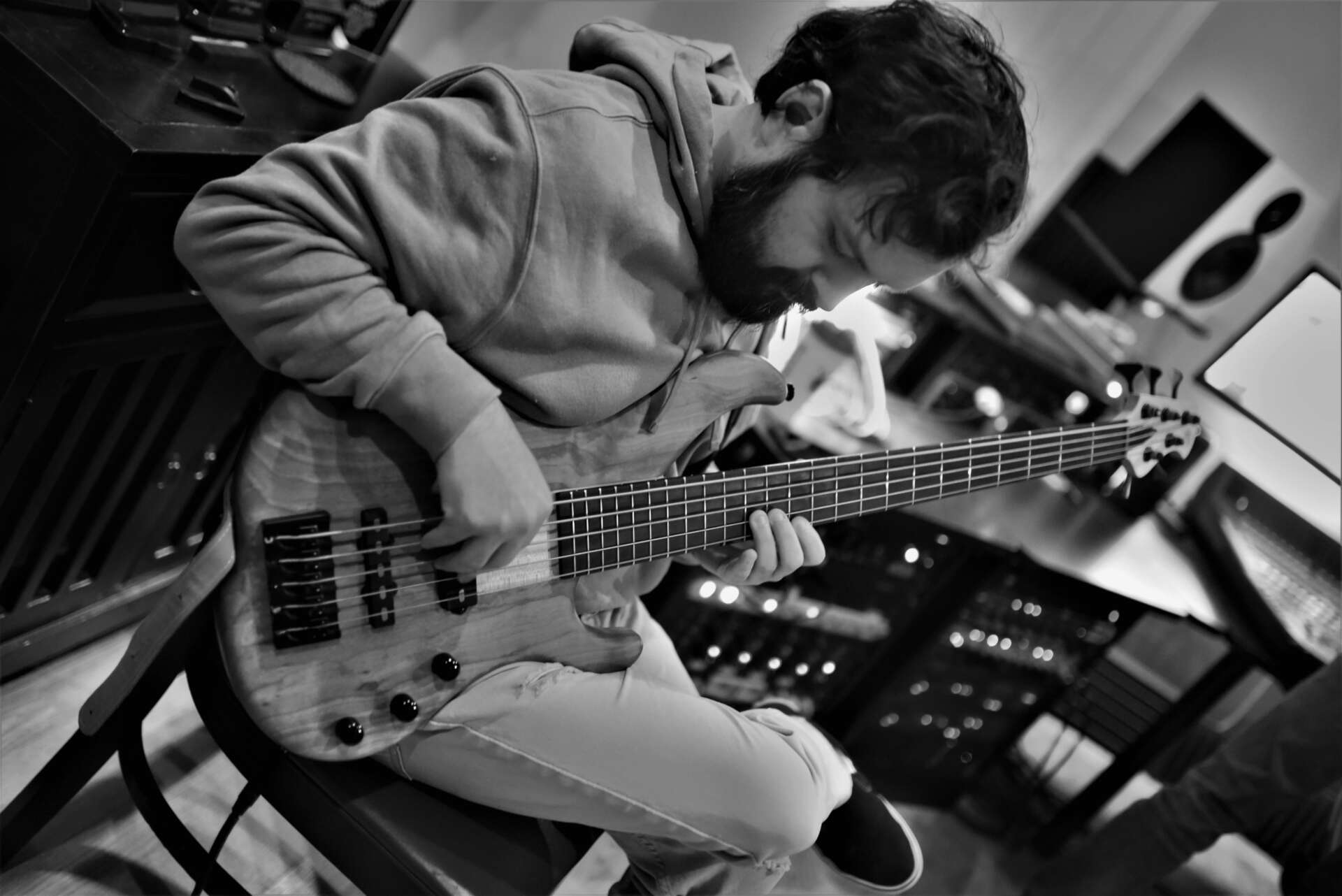
Do you think there is something that non-creatives might struggle to understand about your journey as a creative? Maybe you can shed some light?
Talent.
This is something that always comes up when dealing with those who see creativity as some sort of magical talent that’s out of their reach. Anyone who’s creative is aware of the immense amount of time and practice that’s been put into cultivating their craft. Those on the outside hardly ever get a glimpse into the work that goes into cultivating talent.
It seems like people are always aware of others’ talents and hardly ever of their own. This question stood out because I think it’s flawed. The concept of a “non-creative” isn’t real. Everyone is creative; it just manifests in different ways.
Let me share a story to illustrate this point.
My good friend, we’ll call him Mr. F, would be perceived by many as someone who isn’t talented per se. See, Mr. F didn’t really excel in anything as a kid or a teenager. He wasn’t the top of his class, wasn’t an athlete, wasn’t into the arts, and didn’t write particularly well. He failed classes constantly and graduated from our high school in the bottom of his class without going to college. By traditional standards, Mr. F wasn’t creative at all.
The reality is that Mr. F was a fantastic dungeon master and a ridiculously good problem solver. He scored the highest on the SAT that anyone from my high school ever did – I think he still holds that record. School just wasn’t his thing; he had other issues to worry about. Turns out, Mr. F was a very good manager and had a knack for solving very odd problems. Now, in our later life, Mr. F only works in the C-suite of Fortune 500 companies, rubbing elbows with people who hold much higher credentials than him. Mr. F found out how to leverage his problem-solving skills and, more importantly, develop them. It took time. It took practice.
That’s all creativity is – time and practice. That’s all talent is. Have you ever wondered why the most talented individuals are also the ones most prone to failing at nearly everything they attempt? Many lack the discipline needed to excel in their talent.
Mr. F is not me – I’m the moron who coasted on talent.
What Mr. F had that I didn’t was a sense of accountability. As I’ve gotten older, I’ve come to recognize this. Our creative talents can either be the engine that drives wild success or the path to our own damnation. Talent without a goal is simply a waste of time.
Reflecting on my own journey, I realize that the struggles and setbacks have been as integral to my growth as the successes. In school, I was a choir kid who didn’t fully appreciate the skills I was developing until later. My directors taught me invaluable skills like audiation and developing my inner ear, which set the foundation for my musical creativity. These skills, often overlooked by others, were what allowed me to create melodies and compositions effortlessly.
Formal composition studies with a mentor further refined my abilities. He taught me counterpoint and theory, with a special emphasis on 20th-century techniques, and helped me hone in on small thematic ideas to expand them into full pieces. Despite this, I’ve always struggled with completing projects, finding the start of something new more exciting than finishing old ones. This tendency has been a constant battle, teaching me the importance of setting clear goals and having a plan from the beginning.
Another aspect that non-creatives might struggle to understand is the emotional depth and vulnerability involved in creating art. My music often reflects personal experiences of rejection, self-loathing, and depression. While this may seem dark, it’s a genuine expression of my reality. Music and art, after all, are reflections of the world around us – I’m just trying to write what I know. This honesty, though sometimes uncomfortable, gives my music its unique, perverse quality.
Moreover, my involvement in various musical roles—from substituting as a bassist and playing in pit orchestras to composing and performing my own songs—illustrates the multifaceted nature of a creative career. Despite the challenges and the occasional mental toll, my dedication to music remains unwavering. I continue to push myself, whether through forming new ensembles or seeking grant and performance opportunities to share my work.
Lastly, my experience in education and running a non-profit has shown me that teaching is not just about imparting knowledge; it’s also about continuous learning and growth. Even though I stepped back from formal teaching due to its impact on my mental health, I still find myself in teaching roles wherever I go. Teaching enhances my skills, and I often turn to it when I want to improve in a particular area.
In essence, creativity is not a mystical gift but a disciplined practice. It involves continuous learning, overcoming setbacks, and staying true to one’s vision. Everyone has the potential to be creative; it just takes time, effort, and a willingness to embrace the journey, with all its highs and lows.
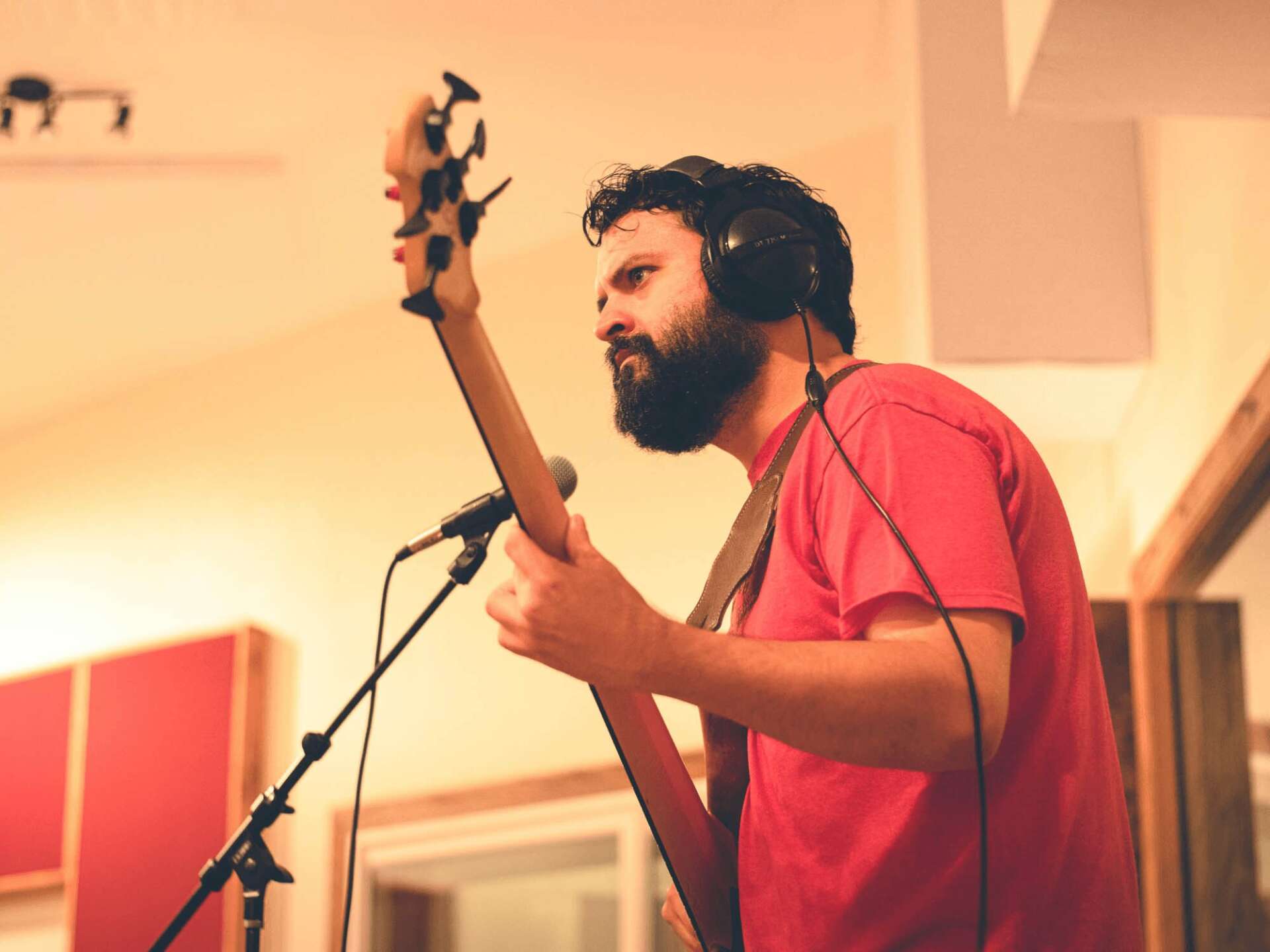
For you, what’s the most rewarding aspect of being a creative?
For me, the most rewarding aspect of being an artist is the profound connection that my music creates with others. There’s something deeply fulfilling about transforming personal experiences and emotions into melodies that resonate with listeners on a fundamental level.
Creating music is my way of processing the world around me. It’s a therapeutic outlet that allows me to channel my thoughts and feelings into something tangible. Often, my compositions are inspired by events in my life, capturing the raw, unfiltered essence of my experiences. This process of creation, where I take abstract emotions and shape them into musical pieces, is incredibly cathartic. An ex of mine once described my music as ‘perverse,’ and I take that as a compliment. I’ve always been drawn to exploring the darker, more complex aspects of life, and my music reflects that.
One of the most gratifying moments as an artist is when someone connects with my work. Knowing that my music has touched someone, that it has resonated with their own experiences, is a powerful reminder of the shared human condition. It reassures me that I’m not alone in my struggles and joys. Music might not be a universal language, but it certainly has the power to bridge gaps and create understanding between people who might otherwise feel isolated.
Additionally, I find immense satisfaction in the creative process itself. The journey from an initial idea to a finished piece is filled with exploration, experimentation, and moments of unexpected inspiration. Whether I’m writing for a band, composing for an ensemble, or working on solo projects, the act of bringing a musical vision to life is incredibly rewarding. It’s a blend of discipline and spontaneity, structure and freedom, that keeps me passionate about my craft.
Moreover, being an artist allows me to constantly evolve and grow. Each new project is an opportunity to push my boundaries, learn new techniques, and refine my skills. The challenges I encounter and overcome in the creative process are vital to my development as a musician and as a person. They teach me resilience, patience, and the importance of staying true to my artistic vision.
The community aspect of being an artist is also incredibly rewarding. Collaborating with other musicians, performers, and creatives is a source of inspiration and learning. These interactions foster a sense of belonging and mutual respect, and they often lead to the creation of works that are greater than the sum of their parts. The energy and camaraderie in these collaborative environments are invigorating and contribute significantly to my growth as an artist.
I guess, the most rewarding aspect of being an artist is the ability to create connections—both with others and within myself. It’s the process of transforming personal experiences into expressions that resonate deeply with some, even if not with everyone. The continuous journey of growth and discovery, and the profound sense of fulfillment that comes from knowing my music has made an impact on those who listen, keep me passionate and committed to my art. This is what drives me forward and why I consider myself incredibly fortunate to be able to pursue this path.
Contact Info:
- Instagram: https://www.instagram.com/isthissixcharacters/
- Soundcloud: https://soundcloud.com/nathan-mays-1
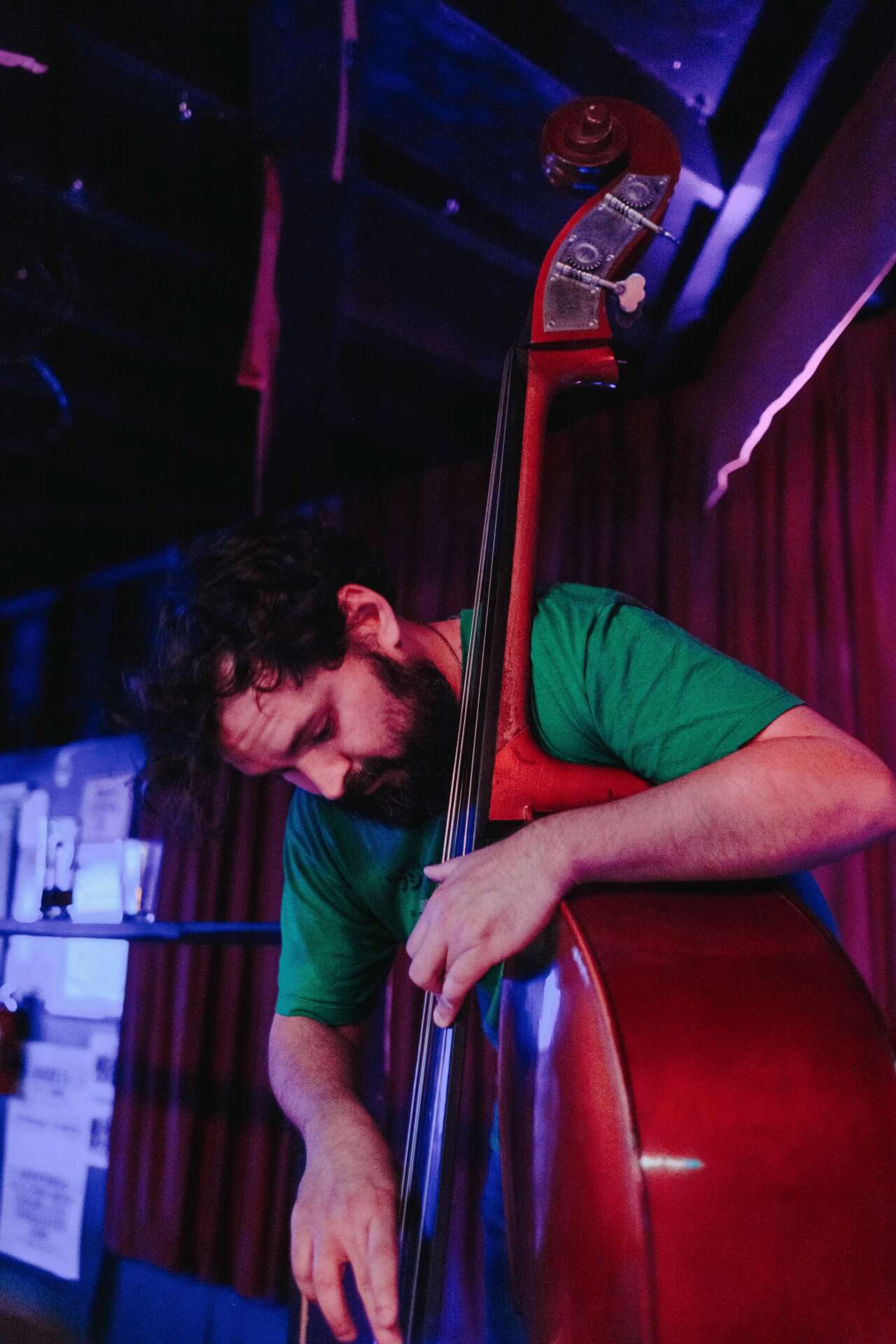
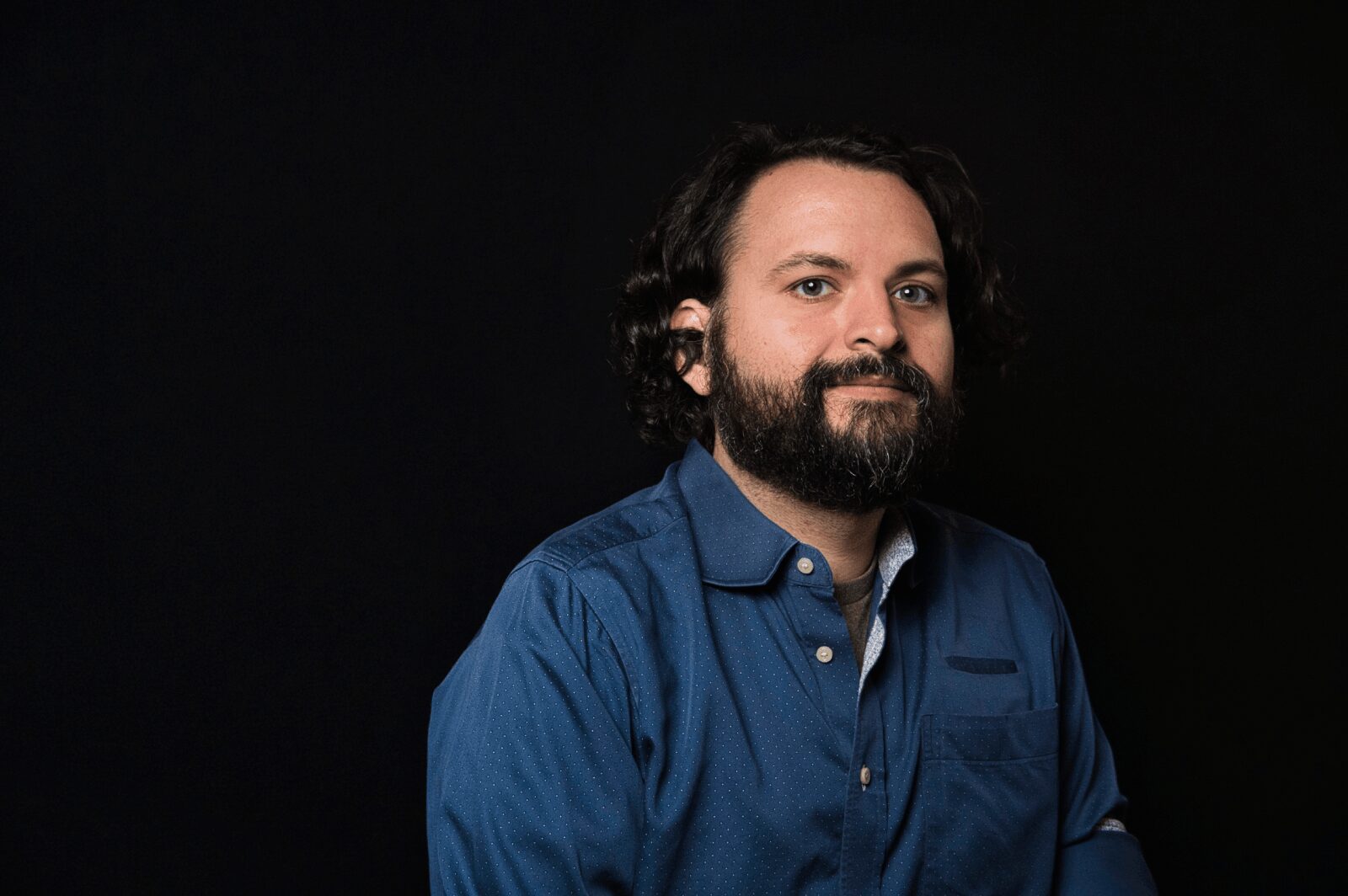
Image Credits
Nicole Sergent
Todd Blackmon
Rolando Benitez


